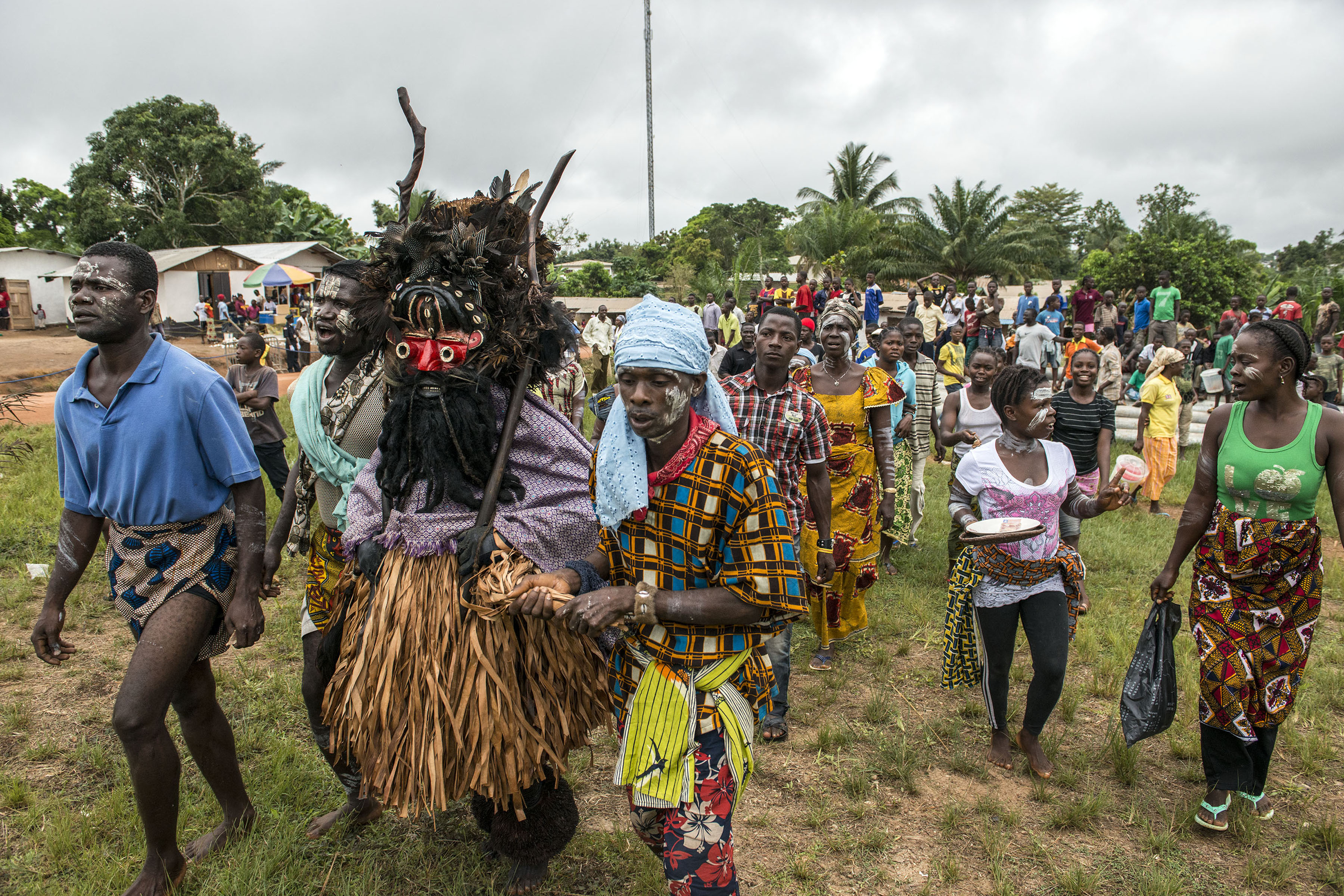Informal mechanisms are an important part of delivering justice in both rural and urban areas worldwide. In the Declaration of the High-level Meeting on the Rule of Law, Member States acknowledged that informal justice mechanisms, when in accordance with international human rights law, play a positive role in dispute resolution, and that everyone, particularly women and those belonging to vulnerable groups, should enjoy full and equal access to these justice mechanisms
A UN joint study (United Nations Development Programme, United Nations Children’s Fund and UN WOMEN) on informal justice systems analyses the characteristics of these mechanisms in all regions of the world, their linkages with the formal system, and their human rights implications, with a view to identifying programming opportunities and challenges.

